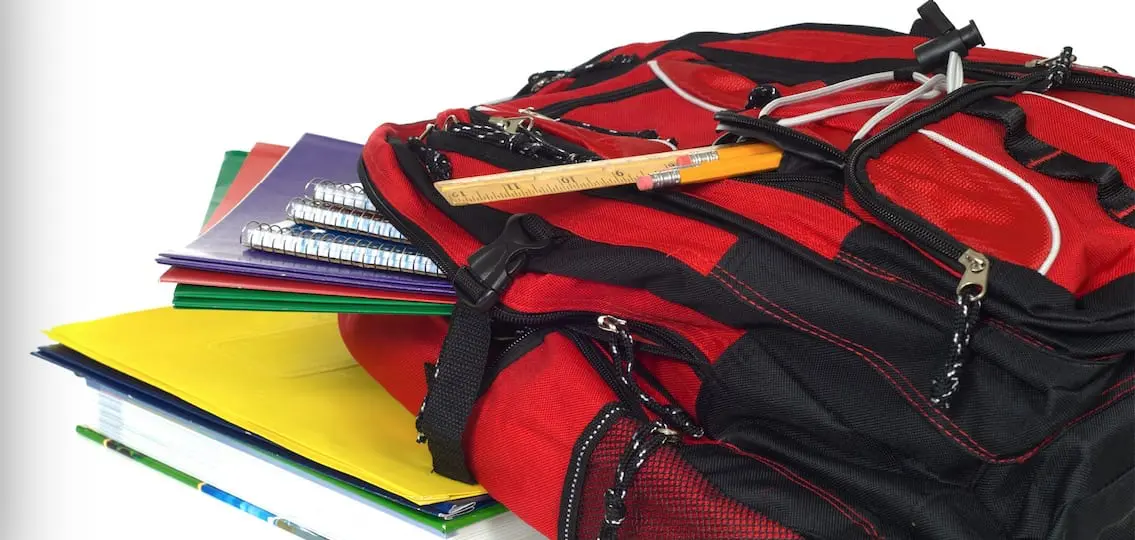Having a child on the autism spectrum can be challenging on many levels. For my son, the social game has always been a struggle. His inability to understand others’ emotions and his narrow interest base have kept him secluded on many levels.
However, his academic achievement has been stellar. In middle school, he read the history textbook for fun and had a memory like a steel trap.

New Challenges In High School
When high school rolled around, I assumed things would continue to go on as they had, with constant social issues but no academic worries.
The truth was, my son wasn’t prepared for the class load of high school. In middle school, there was little homework, the class sizes were smaller, the school quieter.
Suddenly, he had homework every night with very little review the next day.
The topics were deeper and based on life experience, something that autistic kids struggle to comprehend.
I began to worry. His organizational skills were lacking, his handwriting was terrible, and his ability to focus was nonexistent.
He was suddenly thrown into the deep end of the pool with no floaty device.
The straight A’s of middle school transformed into D’s and F’s. And it began to erode his self-esteem.
Finding the Key
I knew that there was no way my son could sit down and study for two hours a night. Just getting through a school day with the crowded hallways and social issues he faced was exhausting. I realized that organization was the key to solving this dilemma.
Here are the strategies for students with autism we devised, which really helped turn things around. It might just work for the teen in your life, too!
5 Organizational Strategies for Teens with ASD:
1. Keep class folders clean.
Spend a few minutes every weekend cleaning out the backpack. Remove old materials and place new materials in the front of folders where they can be seen. Create a separate “at home” folder for the old material just in case they need it later.
2. Make a list.
Post a list of weekly assignments by your teen’s study space. Add assignments to it as the week goes on. Check online or with teachers to make sure your teen is on task. It may also be helpful to ask your child’s teachers for a class syllabus. Check off assignments as completed.
3. Make time.
Find a period of time for studying each night and stick to it. Because kids with ASD struggle with transitions, routines are very important. A half hour may be as long as they can focus each night. Having a set time helps to alleviate anxiety about getting the work done.
4. Find a study group.
My son has a small group of friends who are willing to study together for certain subjects. This also helps him socially. They have fun quizzing each other right before a test and, because it’s a positive experience, they have better recall.
5. Don’t stress!
Try not to get too stressed over grades. The most important thing is your child’s learning. Once you find the best strategies to help them understand the new information, the better grades should follow.
Over time, my son learned to organize his folders for himself and to find his homework assignments online without my help. The biggest success was the day that he mustered up enough courage to go to the Learning Center to get help with math.

The best part? As his grades improved, so did his self-esteem. And my job as teacher is over. I’ll take it!




